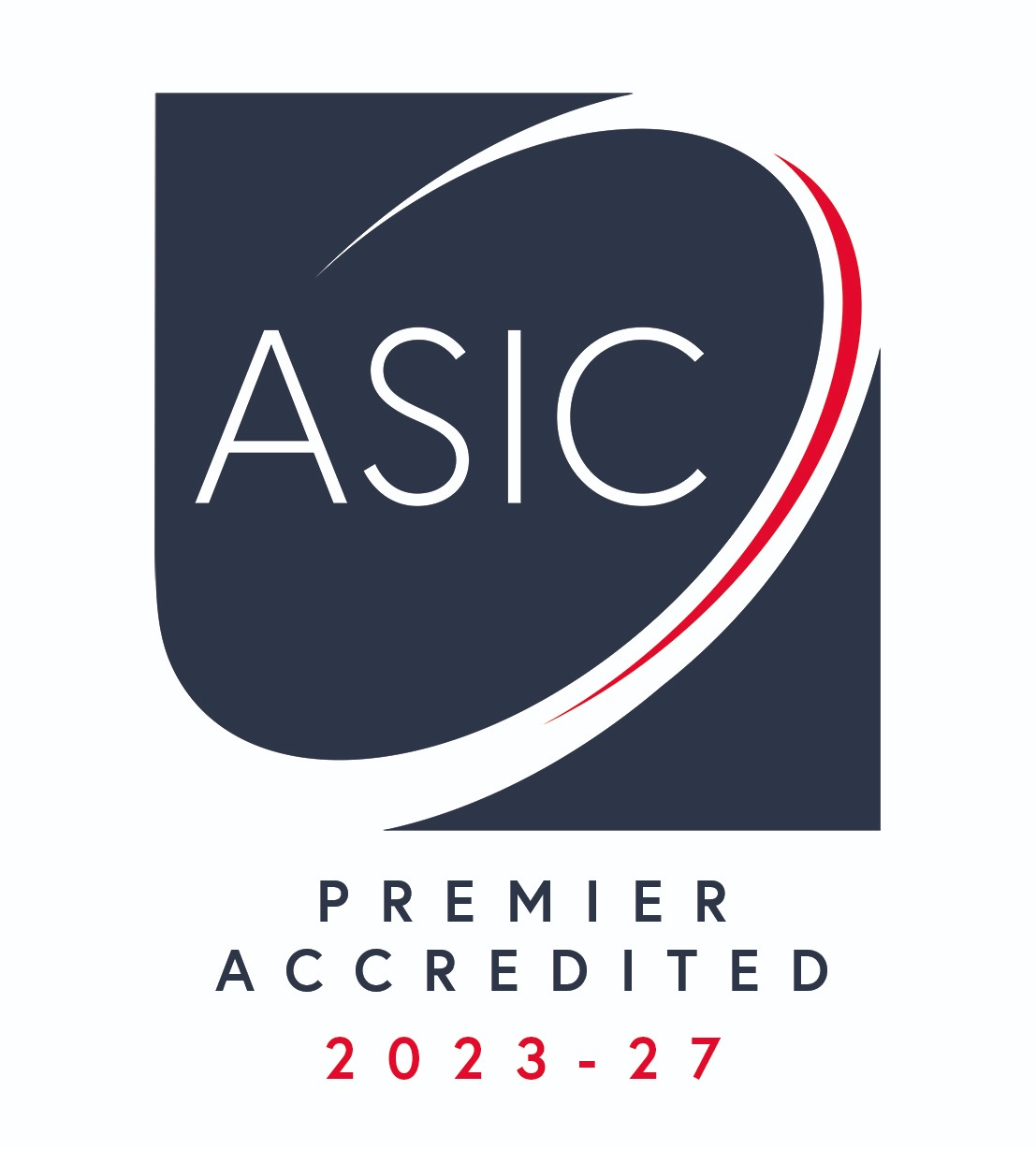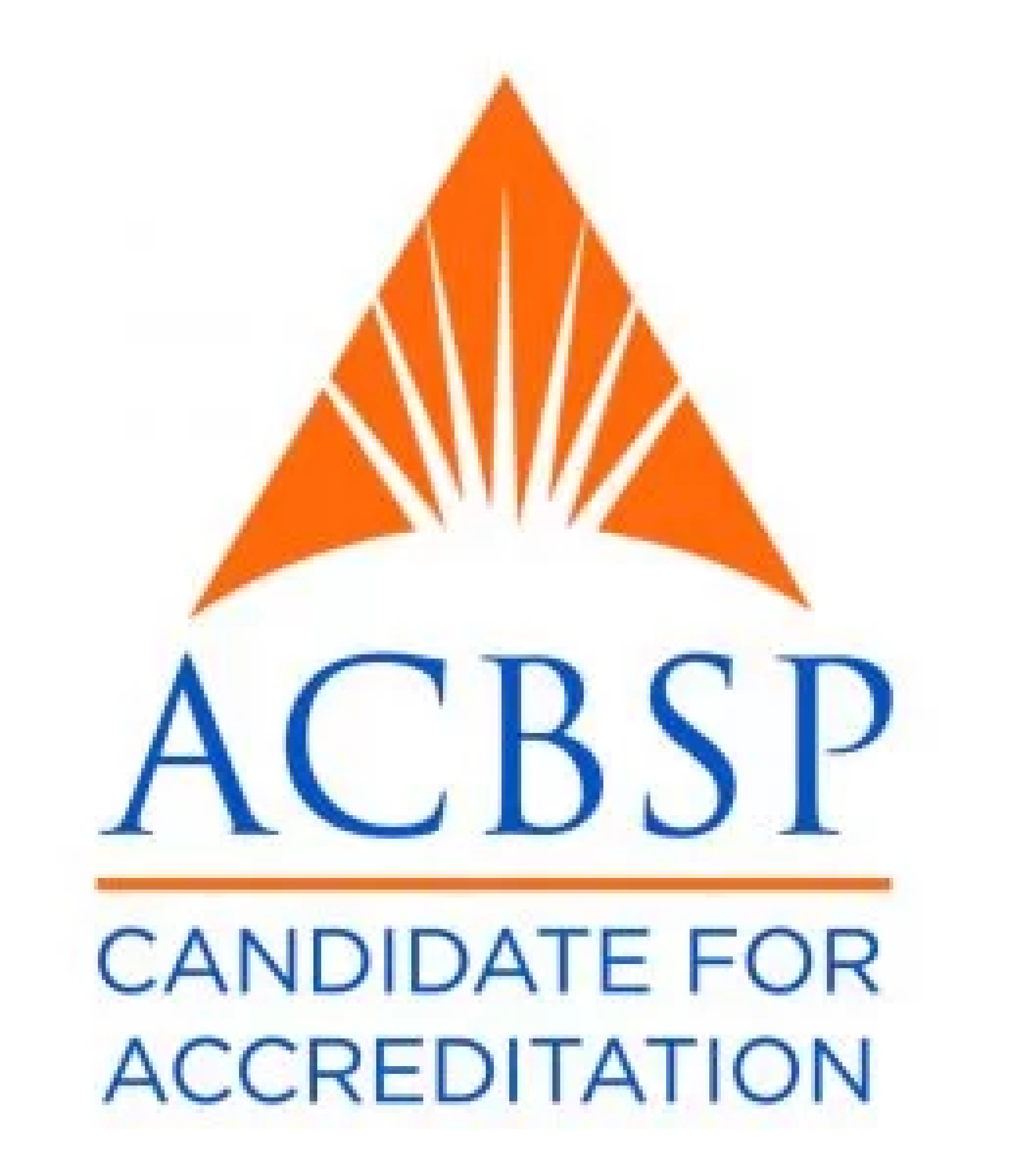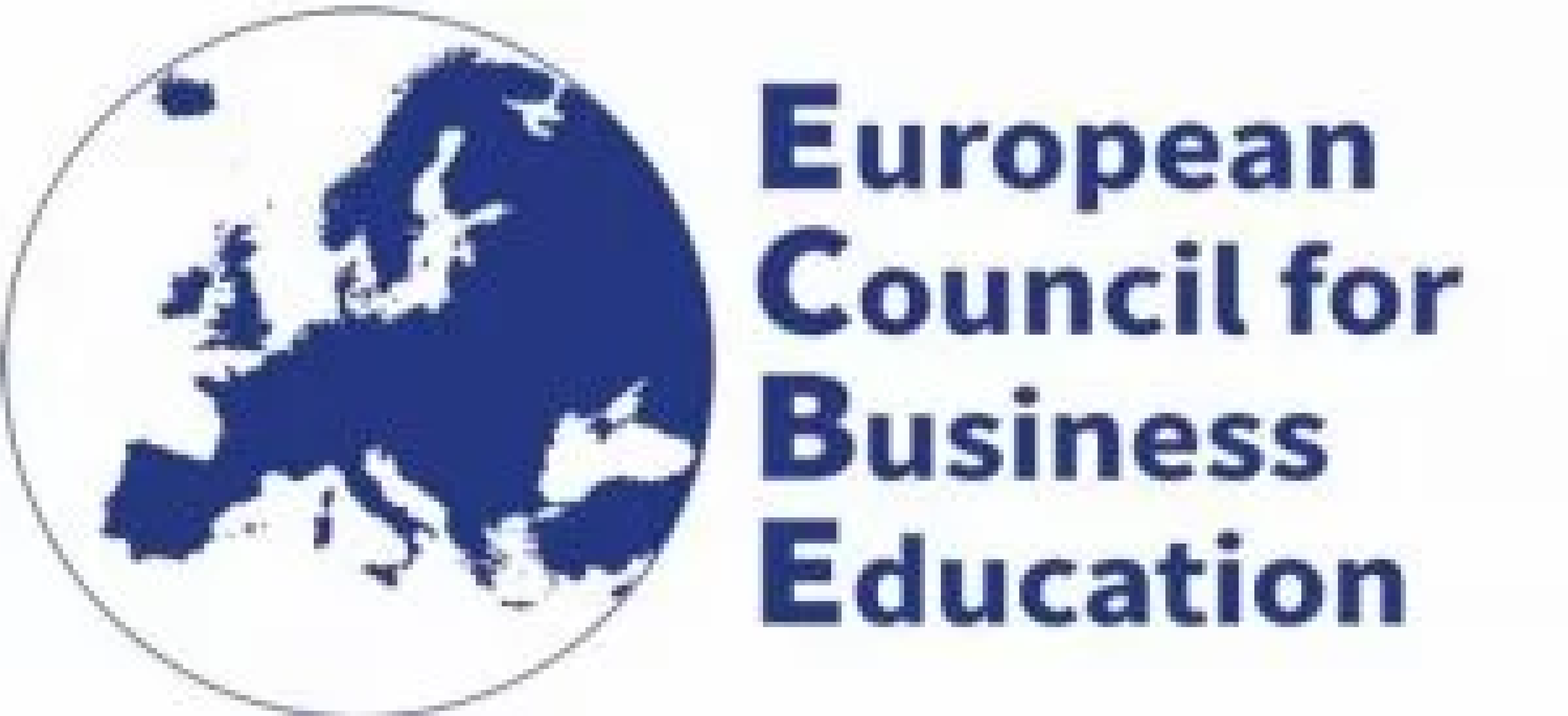Unit/Subjects:
M-941-Epidemiology [9 ECT]
Introduction:
Epidemiology is the foundational science of public health that focuses on the study of the distribution and determinants of health-related states and events in populations. This course provides students with the essential tools and methodologies to understand and analyze the patterns and causes of diseases, ultimately informing public health policy and strategies.
Learning Outcomes:
1.Understand and apply key epidemiological concepts and methods to public health research.
2.Design, conduct, and critically evaluate epidemiological studies.
3.Analyze and interpret epidemiological data to identify disease patterns and determinants.
4.Apply biostatistical techniques to epidemiological data.
5.Communicate epidemiological findings effectively to diverse audiences.
6.Understand the ethical considerations in epidemiological research.
M-942-Global Health [9 ECT]
Introduction:
Global Health examines health issues that transcend national boundaries and governments, emphasizing the interconnectedness of health, economies, and environments worldwide. This course addresses the complex global health challenges, governance structures, and collaborative strategies necessary to improve health outcomes globally.
Learning Outcomes:
1.Understand the key concepts, challenges, and determinants of global health.
2.Analyze global health systems and policies and their impact on health outcomes.
3.Evaluate the roles of international organizations in global health governance.
4.Examine ethical issues and cultural considerations in global health practice.
5.Develop strategies to address global health challenges and improve health equity.
6.Understand and apply global health regulations and international health agreements.
M-943-Environmental Health [9 ECT]
Introduction:
Environmental Health focuses on the relationship between the environment and human health. This course explores how environmental factors such as air and water quality, toxic substances, waste management, and climate change impact public health and examines strategies for mitigating these impacts.
Learning Outcomes:
1.Understand the principles of environmental health and the pathways through which environmental factors affect health.
2.Assess the impact of environmental contaminants on human health.
3.Analyze the policies and regulations that govern environmental health.
4.Evaluate the effectiveness of environmental health interventions.
5.Develop strategies to address environmental health challenges, including climate change.
6.Apply principles of sustainability to promote environmental health.
M-944-Health Policy and Management [9 ECT]
Introduction:
Health Policy and Management provides an in-depth understanding of how health policies are developed, implemented, and managed. This course covers the economic, organizational, and political aspects of health systems and the leadership skills necessary for effective health care management.
Learning Outcomes:
1.Understand the process of health policy development and analysis.
2.Analyze health systems and their components, including financing and service delivery.
3.Apply economic principles to health policy and management.
4.Develop and implement strategies for quality improvement in health care.
5.Demonstrate leadership skills in health care management.
6.Understand and navigate legal and ethical issues in health policy and management.
M-945-Social and Behavioral Sciences [9 ECT]
Introduction:
Social and Behavioral Sciences in public health focus on the social determinants of health and the behavioral factors that influence health outcomes. This course examines theories and models of health behavior, community health strategies, and the design and evaluation of health interventions.
Learning Outcomes:
1.Understand the social determinants of health and their impact on health behaviors and outcomes.
2.Apply health behavior theories and models to public health interventions.
3.Develop community health assessments and interventions.
4.Design and evaluate health communication strategies.
5.Implement and assess behavioral change interventions.
6.Evaluate the effectiveness of public health programs and interventions.
M-946-Health Informatics [9 ECT]
Introduction:
Health Informatics is the application of information technology to healthcare, focusing on the management and use of patient data to improve health outcomes. This course covers health information systems, data management, e-health, and the role of informatics in public health surveillance and innovation.
Learning Outcomes:
1.Understand the principles and applications of health informatics.
2.Manage health information systems and ensure data quality and security.
3.Apply informatics tools to public health surveillance and research.
4.Develop and implement e-health and telemedicine solutions.
5.Evaluate the impact of digital health innovations on healthcare delivery.
6.Understand the ethical and legal considerations in health informatics.
M-947-Nutrition and Public Health [9 ECT]
Introduction:
Nutrition and Public Health focuses on the role of diet and nutrition in health promotion and disease prevention. This course examines nutritional epidemiology, public health nutrition strategies, food policy, community nutrition, and global nutrition challenges.
Learning Outcomes:
1.Understand the relationship between nutrition and health outcomes.
2.Analyze the role of nutrition in the prevention and management of diseases.
3.Develop and evaluate public health nutrition programs and policies.
4.Assess and address community nutrition needs.
5.Understand global nutrition challenges and develop strategies to address them.
6.Apply principles of clinical nutrition in public health settings.
M-948-Health Promotion and Disease Prevention [9 ECT]
Introduction:
Health Promotion and Disease Prevention focuses on strategies to promote health and prevent disease at the population level. This course covers the design, implementation, and evaluation of health promotion programs, as well as the prevention of both infectious and non-communicable diseases.
Learning Outcomes:
1.Understand the principles and practices of health promotion.
2.Design and evaluate health promotion programs and interventions.
3.Develop strategies for the prevention of non-communicable diseases.
4.Implement and assess infectious disease prevention measures.
5.Promote occupational health and safety.
6.Address mental health as a critical component of public health.
M-949-Action Research Paper [18 ECT]













